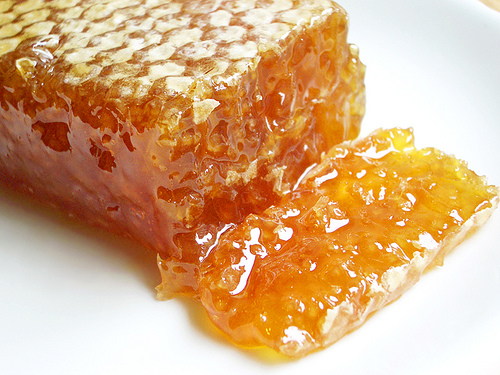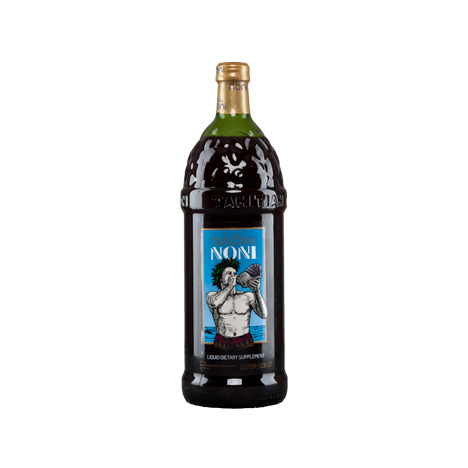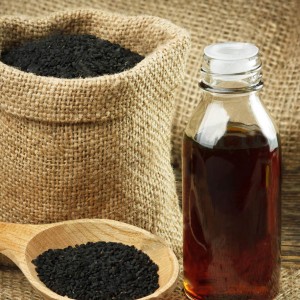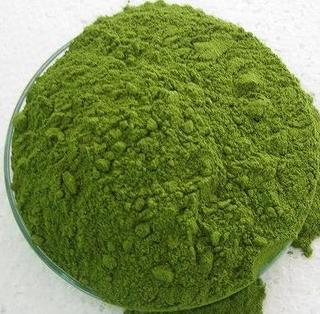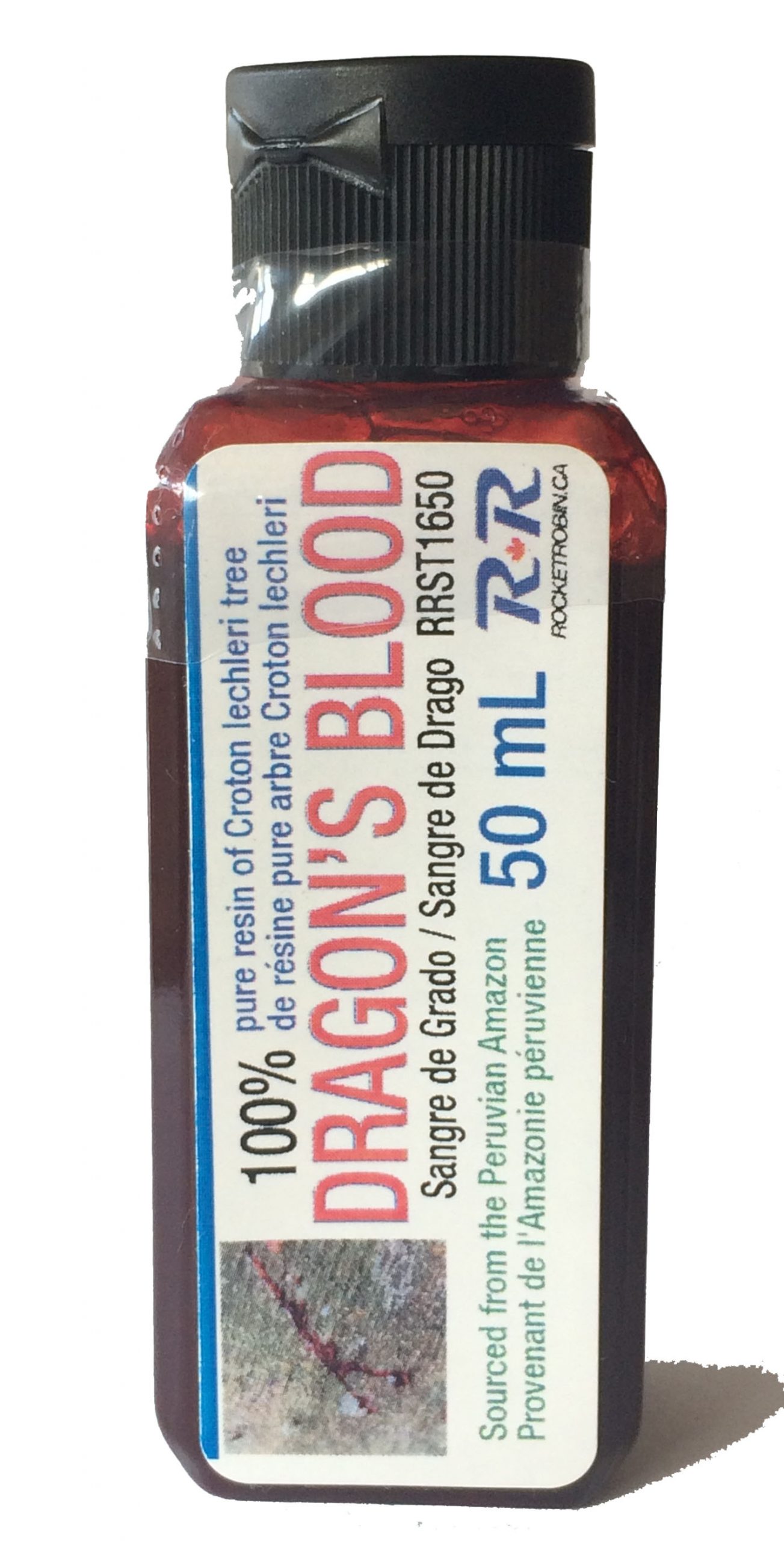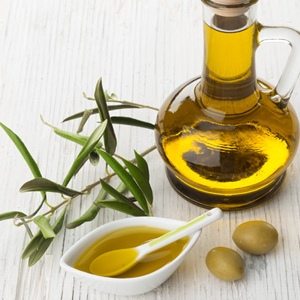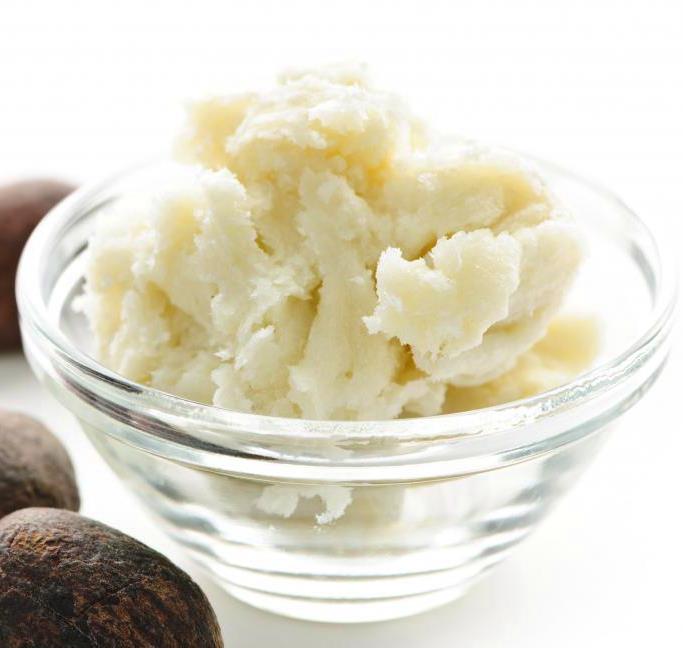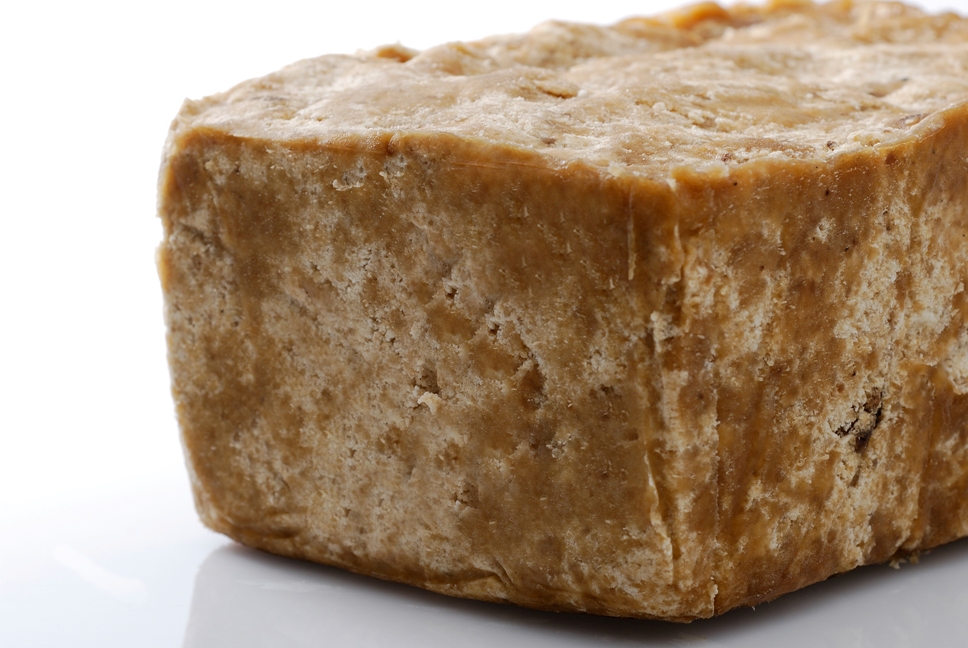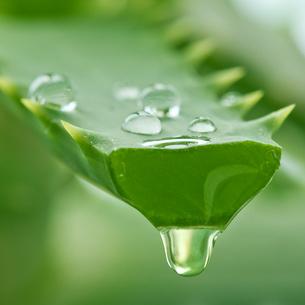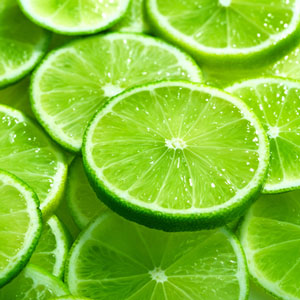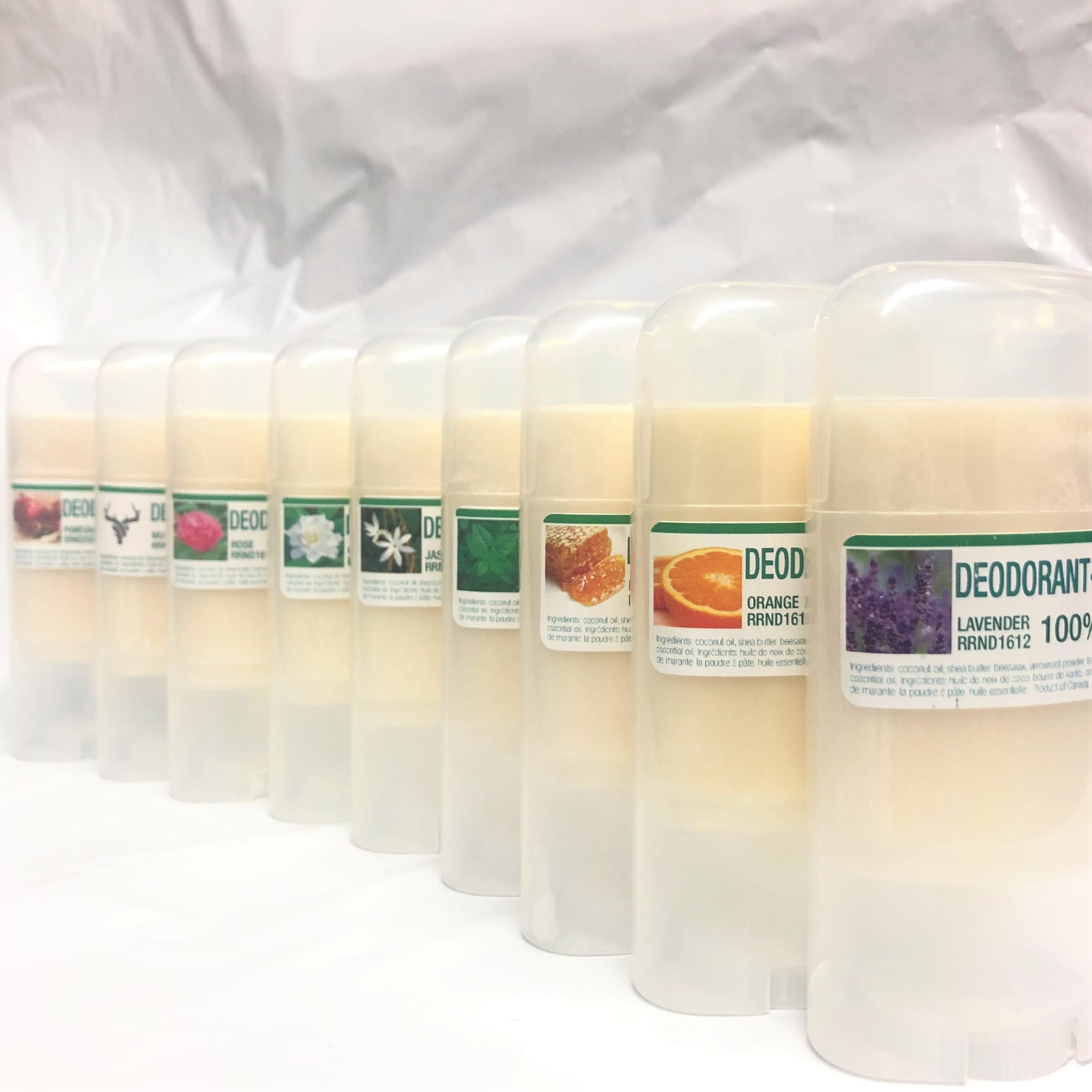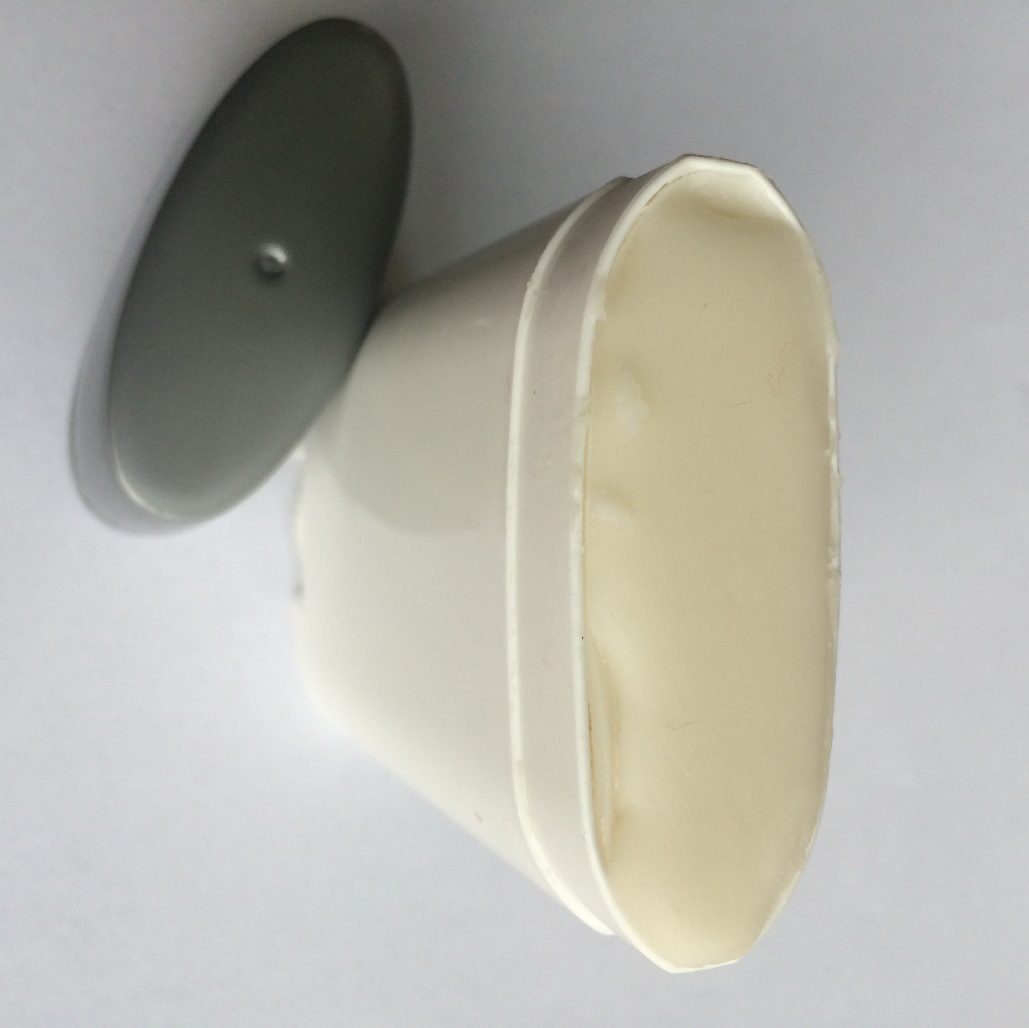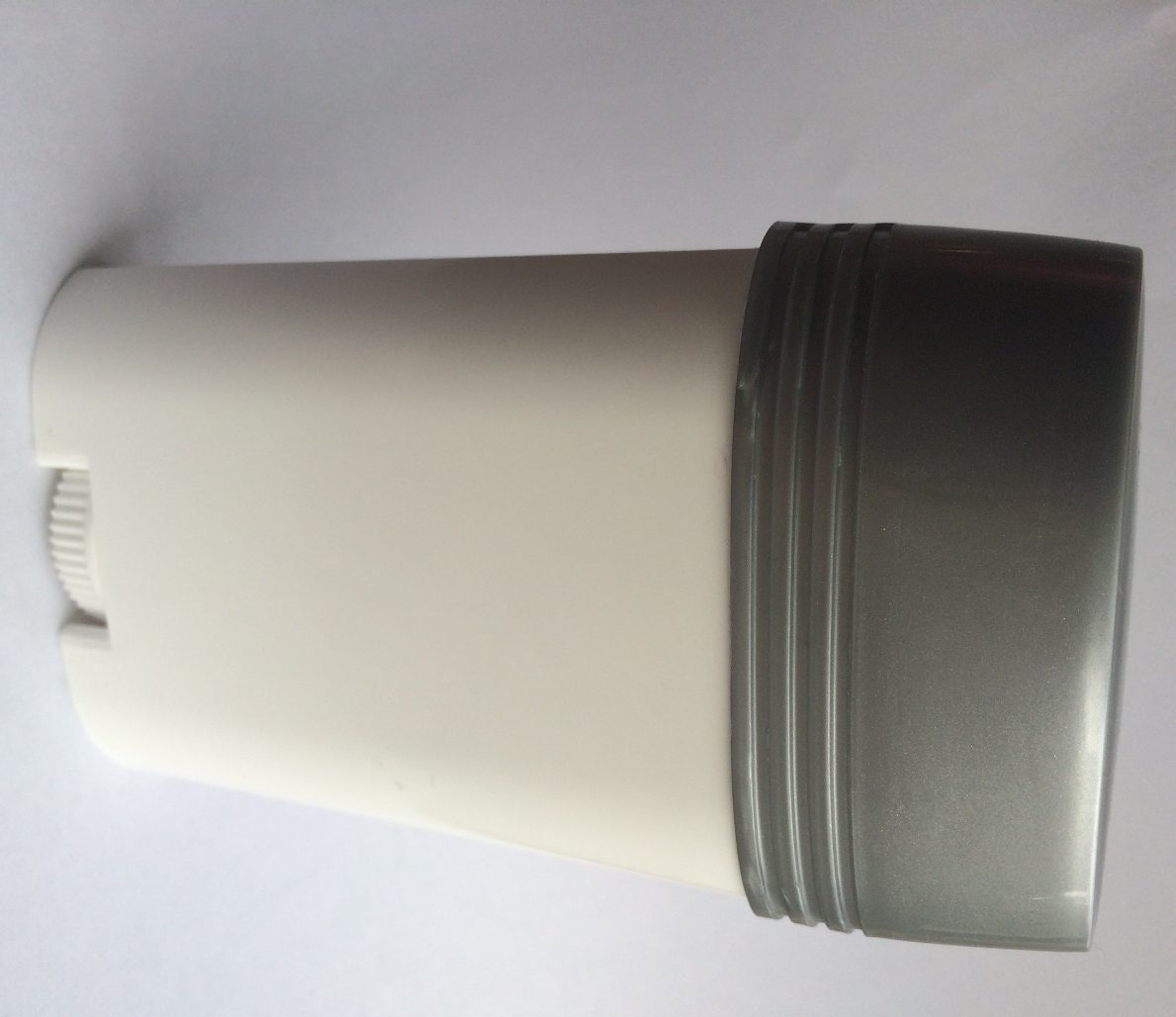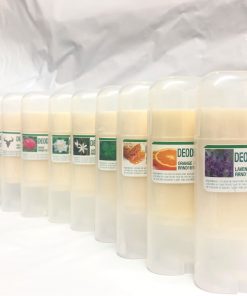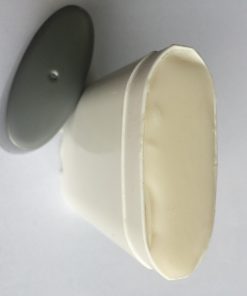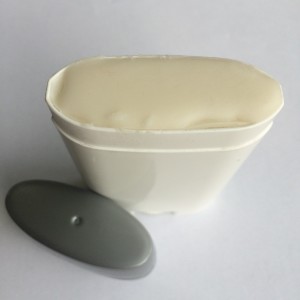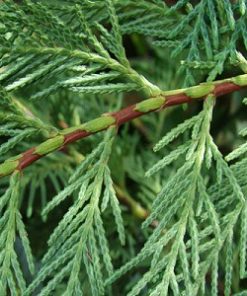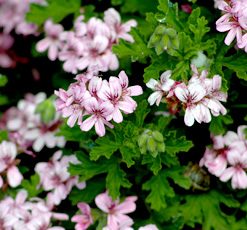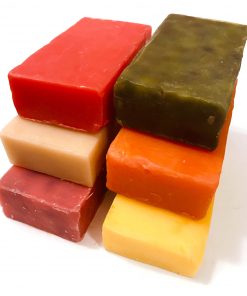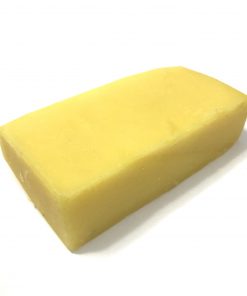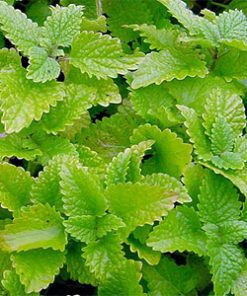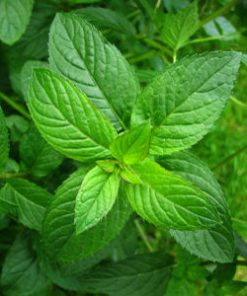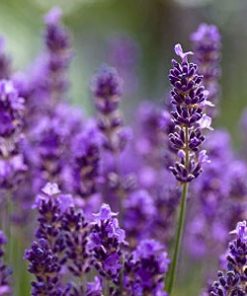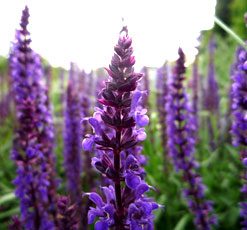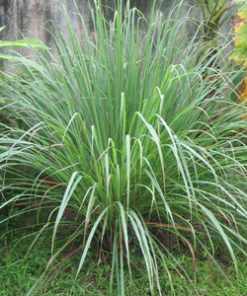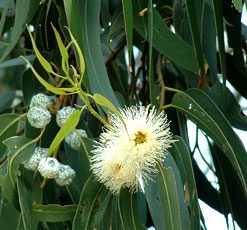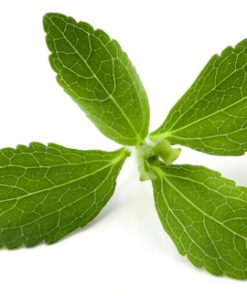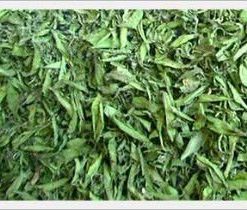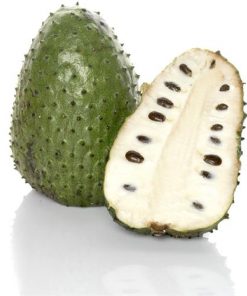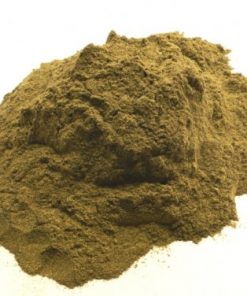$10.99
Ingredients: Coconut Oil, Aloe Vera, Shea Butter, Beeswax, Arrow Root Powder, Baking Soda, Essential Oil.
Description
Natural Deodorant 
Natural Deodorant is home-made without the use of toxic chemicals and synthetics. No preservatives, no aluminum or parabens, or other harmful compounds.
Ingredients in Natural Deodorant:
Coconut Oil, Aloe Vera, Shea Butter, Beeswax, Arrow Root Powder, Baking Soda, Essential Oil.
Ingredients to Avoid in Your Deodorant
Many people are still unaware of the hidden dangers in the active ingredients of modern day deodorant. They continue to use these potentially hazardous chemicals on their underarms as a way of reducing perspiration and odor.
The primary ingredient used in most antiperspirants is aluminum. Aluminum is a metal, which is used in antiperspirants to help block the sweat from escaping the pores. Aluminum has been linked to breast cancer in women and has also been linked to an increased risk of Alzheimer’s disease.
Several studies have shown a link between increasing antiperspirant use and rising rates of female breast cancer and prostate cancer in men. However, the FDA has not committed to classifying it as a carcinogen. Their position remains one of “wait and see” as more definitive studies are released.
Parabens are a family of synthetic preservatives that are often found in deodorants as well. In fact, parabens are contained in an alarming amount of our body care products. A random sampling of 100 human urine specimens performed by the CDC showed that all 100 contained parabens. This demonstrates the high absorption rate of chemicals we place on our skin.
The largest concern is that the absorption of these chemicals will disrupt our delicate hormonal balance. This can lead to things like early puberty in children and an increased risk of hormonal cancers. Paraben exposure has also been linked to birth defects and organ toxicity.
Propylene glycol is another common ingredient that is used in antiperspirants and deodorants. This is a petroleum based material that is used to soften cosmetic products due to its slick consistency. It is a cheap way to make skin care products more easily applicable to the skin.
The argument that propylene glycol is safe in small amounts has been questioned by consumer safety advocates. In large quantities, studies have shown that it can cause damage to the central nervous system, liver and heart.
This chemical is even found in many of the processed foods we eat today. Logical thought follows that decreasing our exposure to propylene glycol is the prudent thing to do. It is for this reason that using skin care products that are propylene glycol free is becoming popular in health conscious circles.
Phthalates are another class of chemicals that are often used in deodorants and antiperspirants that you may want to avoid. Phthalates are used in cosmetics, synthetic fragrances, plastics, body care products and medical goods. They help to dissolve other ingredients and to create a better consistency.
The problem with phthalates is that they have been linked to a variety of health issues. High phthalate blood and urine levels in women of child bearing age have been linked to a higher risk of birth defects. This suggests that phthalates may disrupt hormone receptors as well as increase the likelihood of cell mutation.
Triclosan is another common ingredient included in commercial deodorants. It is utilized as the odor killing part of antiperspirants for its anti-bacterial properties. It is also commonly used in antibacterial soaps, hand wipes and gels.
Triclosan is actually classified as a pesticide by the FDA. It is also classified as a probable carcinogen by the Environmental Protection Agency. This classification has prompted some companies to remove it from their products. However, it still can be found as an ingredient in some formulas.
7 Harmful Ingredients in Your Deodorant
1. Parabens
(methyl, ethyl, propyl, benzyl and butyl)
Parabens are a very common ingredient that are found in every day cosmetic products and your deodorant as well. During a study done in 2004, parabens have been linked to breast cancer. They are said to disturb the body’s hormonal balance and to mimic estrogen, as estrogen is said to play a part in breast cancer formation.
Dangers for health: linked to breast cancer.
2. Aluminum compounds
(Aluminum chlorohydrate, aluminum zirconium tetrachlorohydrex gly)
Aluminum compounds within deodorants act as a plug within the sweat ducts and temporarily stop the flow of sweat. However, these compunds can be absorbed by your skin. Just as the parabens, these compounds can mimic estrogen, which promote growth of breast cancer cells.
Dangers for health: linked to breast cancer.
3. Silica
Silica is a known skin irritant, it may also be contaminated with crystalline quartz which is a carcinogen (capable of causing cancer).
Dangers for health: cancer, allergies/immunotoxicity
4. Triclosan
Triclosan is another ingredient that can irritate your skin and cause contact dermatitis. Your body contains good as well as bad bacteria, but triclosan kills both. The FDA classifies triclosan as a pesticide, while the IARC has it listed as a possible carcinogen.
Dangers for health: skin irritation, contact dermatitis, cancer.
5. Talc
IARC, claims that if Talc contains asbestiform fibers, then it is considered a carcinogen. The quantity of sbestiform fibers in deodorants is unclear as it is not regulated in cosmetic products.
Dangers for health: linked to cancer.
6. Propylene Glycol
Propylene glycol is another common ingredient with health hazards. It may cause delayed allergic reactions, and is considered a neurotoxin, which may cause kidney and liver damage.
Dangers for health: delayed allergic reactions, possible kidney and liver damage.
7. Steareth-n
The “n” stands for a number. So the label may say for example, steareth-1. It is actually derived from vegetables, but it is reacted with a known carcinogen, ethylene oxide.
Dangers for health: linked to cancer.
Other ingredients:
Fragrance – skin irritation, harmful to the environment, allergies and organ system toxicity.
TRUST ROCKET ROBIN
Rocket Robin is proud to be your supplier of truly natural products with simple ingredients in support of your family’s health and well-being.
Additional information
| Weight | 0.15 kg |
|---|---|
| Dimensions | 10 × 10 × 5 cm |
| Natural Variety | Gardenia, Honey, Jasmine, Lavender, Musk, Orange, Peppermint, Pomegranate, Rose |

